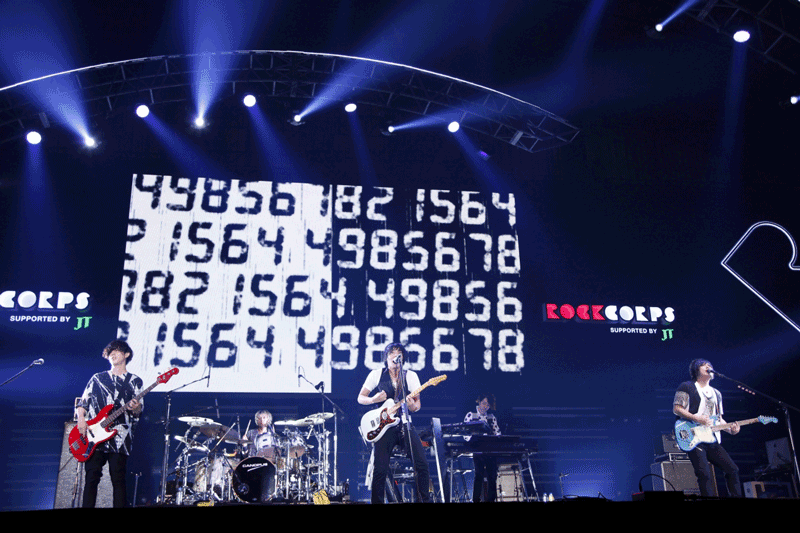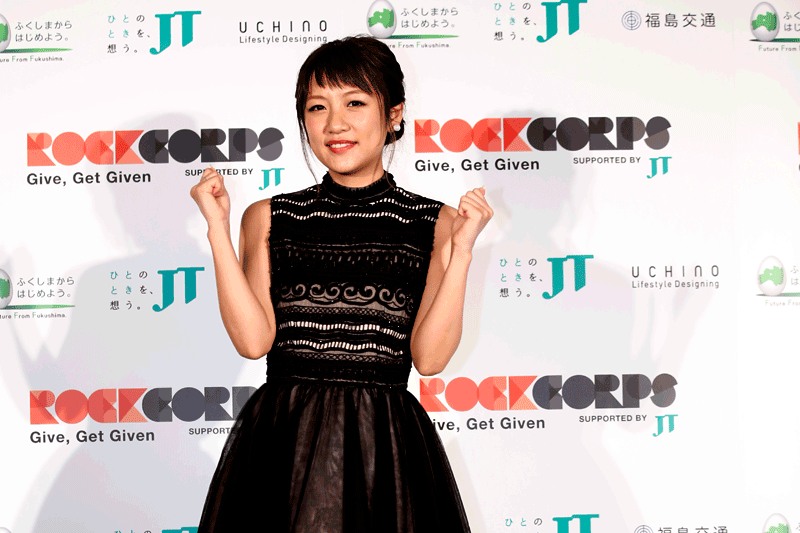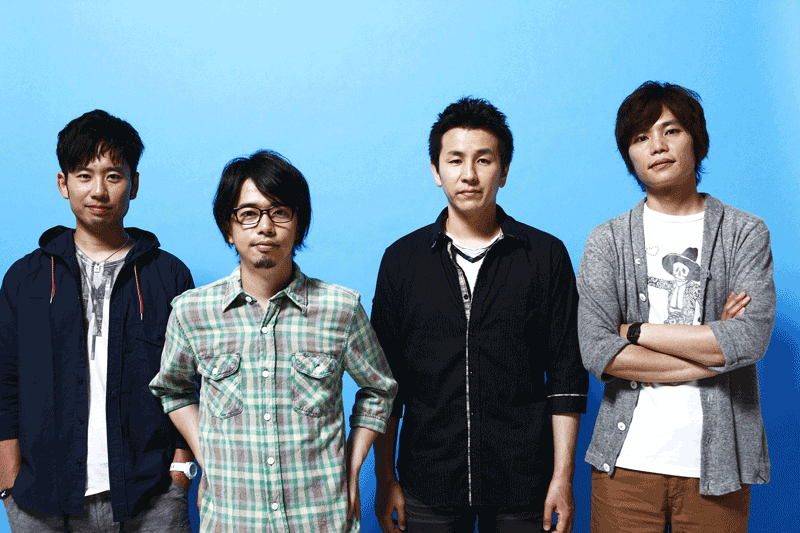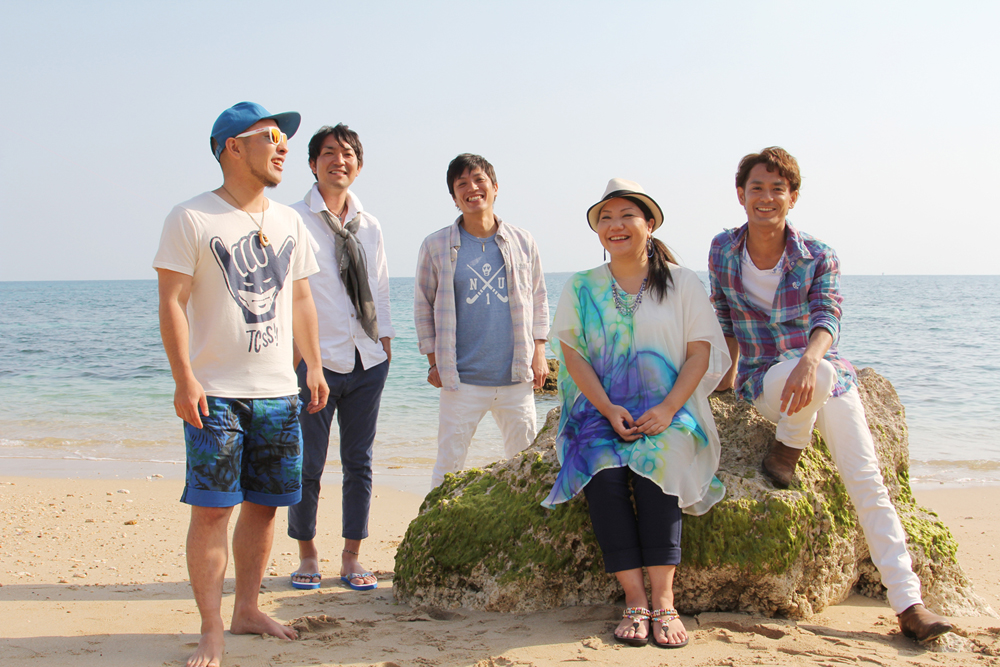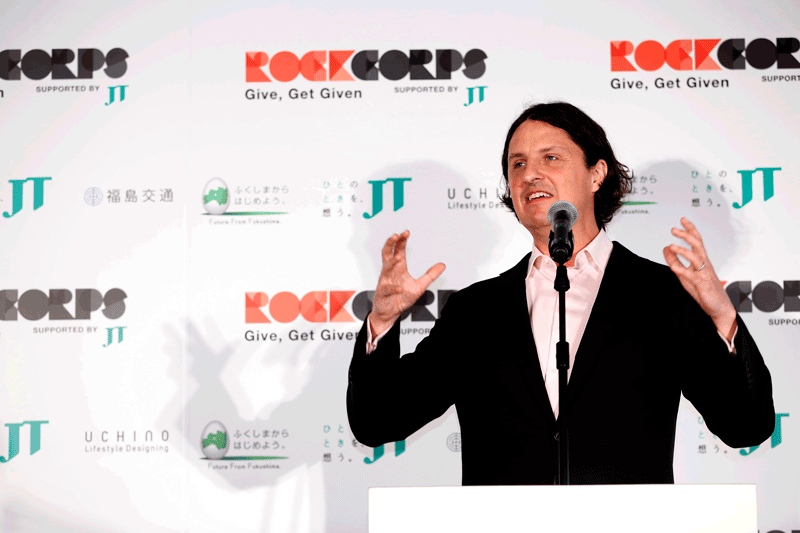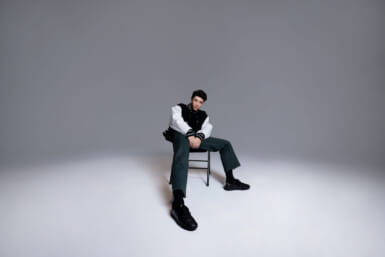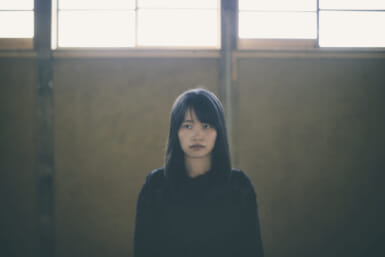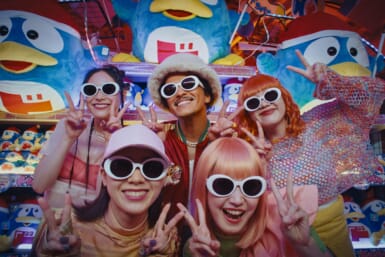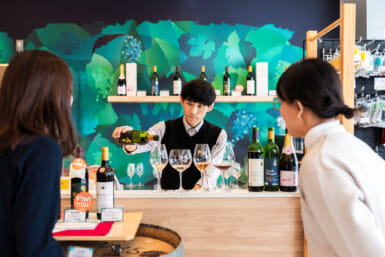The concept is appealing – volunteer for four hours, and get a ticket to see a live show featuring top artists. How is the project faring in Japan as its third year is under way?
With most music festivals, scoring a ticket is often a matter of staying up until midnight and then rapidly refreshing a browser, or if you’re old school, waiting in a very long queue to buy your ticket. That’s not the way it works with a RockCorps show. To get your hands on a ticket, you have to put those hands to work for four hours, taking part in one of dozens of volunteer activities that the organization sets up.
RockCorps was cofounded by Stephen Greene 11 years ago, and their first concert was in Times Square. Since then, the project has spread to 10 countries, and is now celebrating its third anniversary in Japan (concerts are held in Fukushima, and many of the volunteer projects take place around Tohoku). For the Portland native, running a project that combines business, volunteerism, and music is a natural fit: Greene has an MBA from UCLA, a background in volunteer management, and spent a couple of years following the Grateful Dead while working with a small business that sold tie-dyed products to concertgoers.
This year’s lineup features Carly Rae Jepsen, former AKB48 member Minami Takahashi, alternative band Asian Kung Fu Generation, and the Okinawan indie rock group HY. While he was in Tokyo to take part in some volunteer projects, we spoke with Greene about his initial inspiration to take the project overseas, the biggest difference he’s seen between Japanese volunteers and their counterparts overseas, and what band he’d most like to see onstage at a RockCorps show.
After more than a decade’s worth of RockCorps concerts, is there one that really stands out the most for you?
Sitting here with you and contemplating our third year in Japan was so far beyond our wildest dreams when we started. We didn’t know if it would work – if people would volunteer for the lure of a concert ticket.
The very first one in New York in Times Square; we were scared beyond belief, but it worked. And then we had a bit of hubris to think that we could take it globally. After the first concert we did in London in 2008, we realized, “wait, this isn’t just an American thing, this is a global thing.” Then the first time we did it in a foreign language, in France, that’s when we realized it wasn’t something in the head, it was in the heart.
So it’s really hard for me to choose a particular one, because I’m just so amazed that it comes together so well. It’s just the audience, really – it’s more similar than different around the world. Taking Rihanna to Tel Aviv for the first time she’d been there, in front of 14,000 volunteers in a soccer stadium. Taking Smashing Pumpkins for the first time to Caracas, and doing all of these volunteer projects in the favelas around Caracas. And who knew whether the concept would work in Japan?
What was your biggest concern about the first RockCorps project here?
In the US and the UK, volunteering is part of a cultural institution: they teach volunteer management at universities, you have a national volunteering body, you have professional development through the whole thing, and you can make a career of it. Those kinds of structures don’t exist in the same way here in Japan. So we were worried about how the concept would work if it wasn’t part of the common language or common experience.
On the first couple of volunteer projects we went through, because we’re working in some remote areas of Tohoku, everyone was taking a bus together. And everyone was so serious! I asked my colleagues, “do you think they’re enjoying it?” When we were going back on the bus, and we actually got to hear the Japanese stories, we could see that they really were enjoying it. What I’ve realized now is that when the Japanese experience from a distance a tragedy like the one the region experienced during March 11, they feel it very deeply, but they’re not invited to participate. Sometimes you’ll see a little collection box you can put some coins in, but what RockCorps does is say, “hey, would you like to come help? People really need your connection.” And they’re so happy to be asked. This is the great feeling; it brings me to tears when I hear these stories. You hear some people who tell you, “this is the first time that I’ve done volunteer work.” You also hear some language with the Japanese volunteers that you don’t hear anywhere else in the world, which is, “I hope to be really worthy of this time today, and I’m going to work so hard on behalf of the people.” That connection that they share with each other is really special.
What makes it go, beyond that initial spark of inspiration and that heart?
The music is everything; the music is the center of it. Everywhere you go, at a very advanced stage in our capitalist structure on the planet, you can ask people, “is giving back and doing community work important to you?” Nine times out of ten, the answer is “yes.” But are these people doing it on a regular basis? Only one or two out of ten are. So there’s this huge gap, and why is that? There are a lot of reasons: one is “I don’t know where to go; I don’t know anyone else who’s doing it.” But when you put in the music and get everyone to center around the music, that’s what helps it become a success.
In terms of the business, I think we’ve been a beneficiary of a real strong movement around the world in terms of big brands wanting to communicate and promote who they are around giving back. This used to be the province of the community relations department. It’s now across marketing and communications, which has put some wind in our sails.
How many more countries are there left on your list?
Weirdly, even though this is our tenth country and our eleventh year, it still feels like we’re just getting started. I know that sounds crazy! There are so many more places in Asia where we’d like to be: Southeast Asia is a place that’s particularly interesting. We’ve never done a show in India, and we’ve never done a show in Brazil. Those are some places with an incredible music history, so we just have to figure out how to do it.
Which artist would you still want to see at a RockCorps show?
I think a lot about the artists who have been around for some time. I’m an old rocker, so wouldn’t it be great to get Led Zeppelin back together to do a RockCorps show? But to be honest, we have been so blessed to be able to work with some of the world’s best artists – this show will continue that. With the performers who we ask to take part, it’s never a matter of “oh, I don’t like that idea”; it’s just can I make the schedule and the timing work, and do I have material that I’d like to perform. Particularly now that we have a strong track record behind us and all the hundreds and thousands of volunteers, it’s a pretty easy ask for the artist.
Ultimately, what works well for RockCorps concerts are artists who genuinely like to interact with the crowd. What you generally won’t find are mopey guitar players … that just isn’t the scene. But Carly Rae is such a fun performer; when you see her live it’s clear that she’s having the time of her life, and she was meant to do this; she’s enjoying every minute of it. The volunteers want to feel that with the artists back and forth. We had that a bit with will.i.am last year, and with the Japanese artists … we’ve got really engaged musicians who will be having a great time, and they all understand the idea that the stars that night are the audience, not them.
The RockCorps concert will be held on September 3 at the Azuma Gymnastics Center in Fukushima. Admission will be free, but you have to do four hours of service to get a ticket. Free bus transportation from Tokyo to Fukushima and discounted rates for car rentals will be available. To sign up for volunteer events around Tokyo and up in Tohoku, visit http://rockcorps.yahoo.co.jp/2016/ (Japanese only).
Main Image: Flumpool on stage at the first RockCorps Japan concert in 2014

